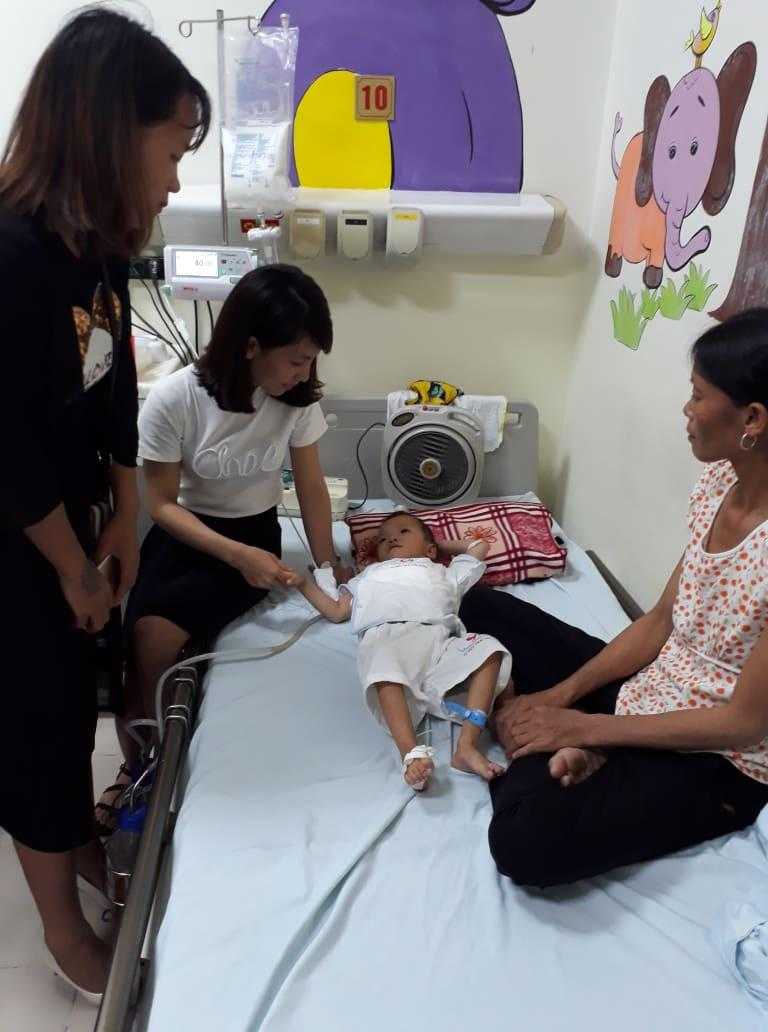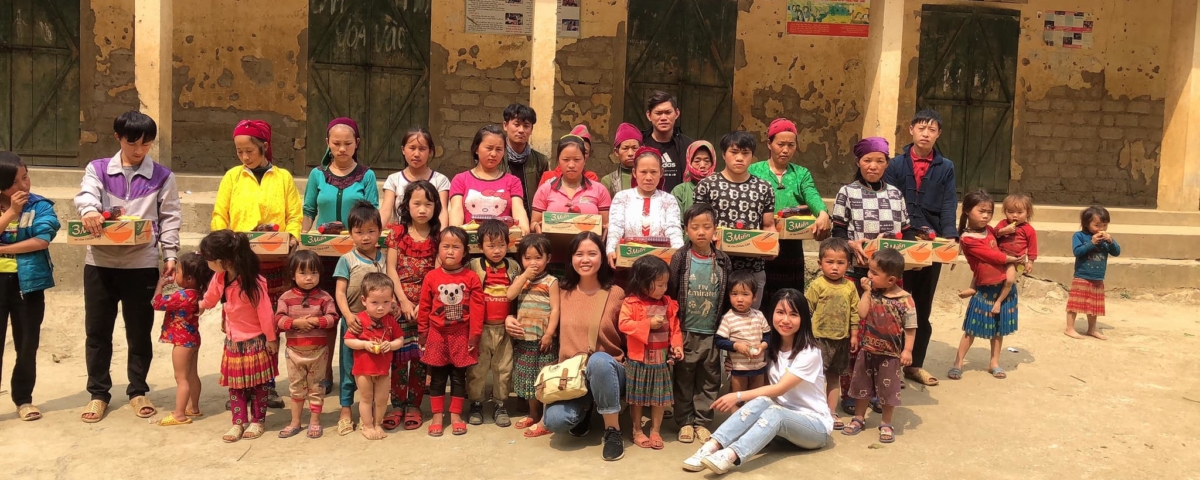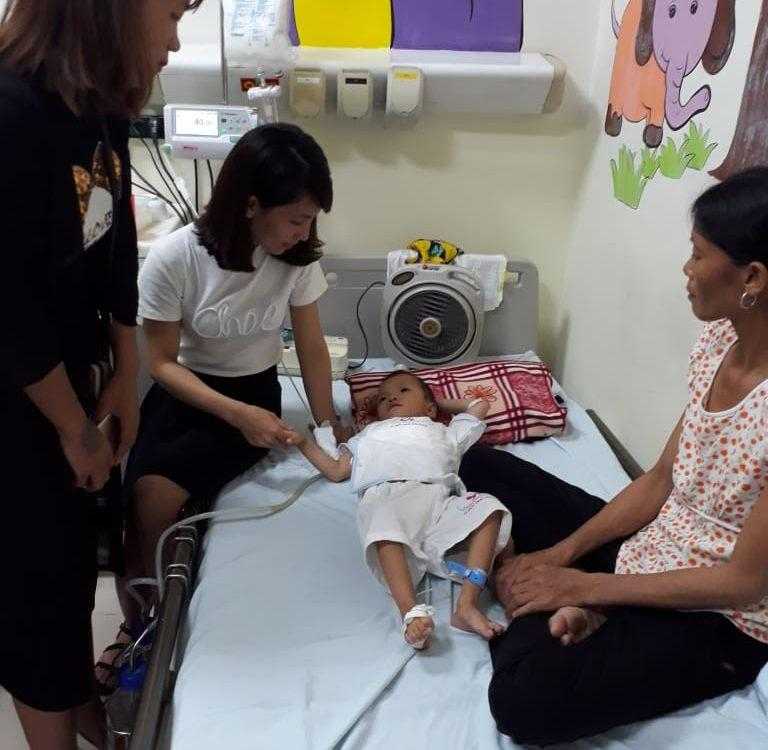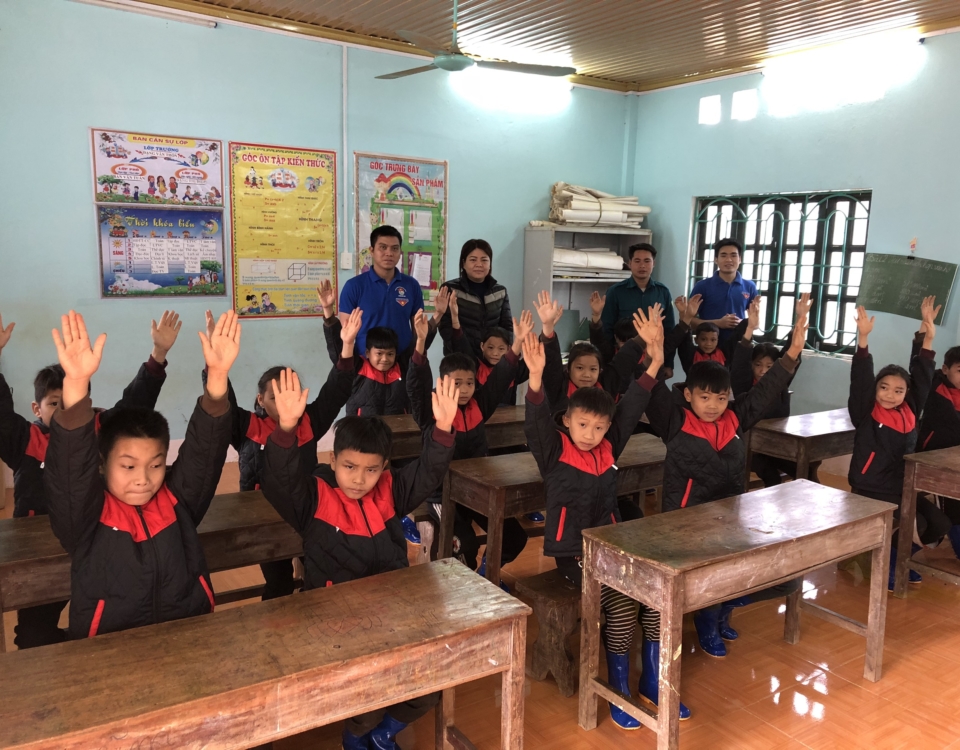
We can bring hope for a better tomorrow
May 1, 2014You believe, as we do, that every child deserves a chance to an education and a bright future.
Vietnam Government has made great progress for children. More children are alive and thriving today than ever before. But here’s the problem. Millions of children in Vietnam still live in poverty and some are in miserable situations. Many are abandoned, abused and orphaned. We are talking about children in need, who with no reason to smile, no hope for the future.
With poor, uneducated parents, ethnic minority children residing in Vietnam’s mountainous region are likely to live in extreme poverty and miss out on life-enhancing educational opportunities. The parents are often unable to afford the costs of sending their children to school and are forced to rely on them to take care of domestic chores and/or farm work. Poverty and low levels of education expose children, particularly girls and young women to dangers such as human trafficking, early marriage, or child marriage, Tragically, many children are sold to China and end up trapped in a life of labor or sexual exploitation.
Though the rate of the nationwide primary education popularization is 90 per cent, according to a UNICEF survey carried out in 2005, the rate is rather low in some areas, especially in Central Highlands provinces and northern mountainous areas, being at 43 per cent and 48 per cent respectively. Seventy per cent of dropouts are girls. The research found that economic and financial barriers are the most important factor influencing the dropout of students during the transition from primary to secondary education. Not being able to afford school supplies is an experience shared by children across ethnic groups. Lack of food is another factor. In addition, lack of clothes and poor study conditions at home also contributed to the hesitance of ethnic children to go to school. Child labour ranks as the second major barrier. The need to work is closely related to economic and financial hurdles. Girls often have to do more work at home than boys, which leads to poor performance at school. “When harvest season comes, we don’t see any students coming to class,” said a teacher from Ha Giang Province. “And when fruits from the forest are sold at high prices, the same thing happens; My students all go to sell the crops.” Another barrier for ethnic children is that lessons are not usually taught in their native ethnic minority languages, but in the less familiar language of Vietnamese. The study’s researchers said that based on classroom observations, ethnic minorities students generally speak very basic Vietnamese, the language of instruction at primary and secondary schools.
A small donation can make a life-changing difference for children, especially for girls from an impoverished ethnic minority community! By donating to pay for a kid’s school fees and/or her school uniform, you can help ensure that she can build for herself a life of dignity, free from poverty and exploitation!




